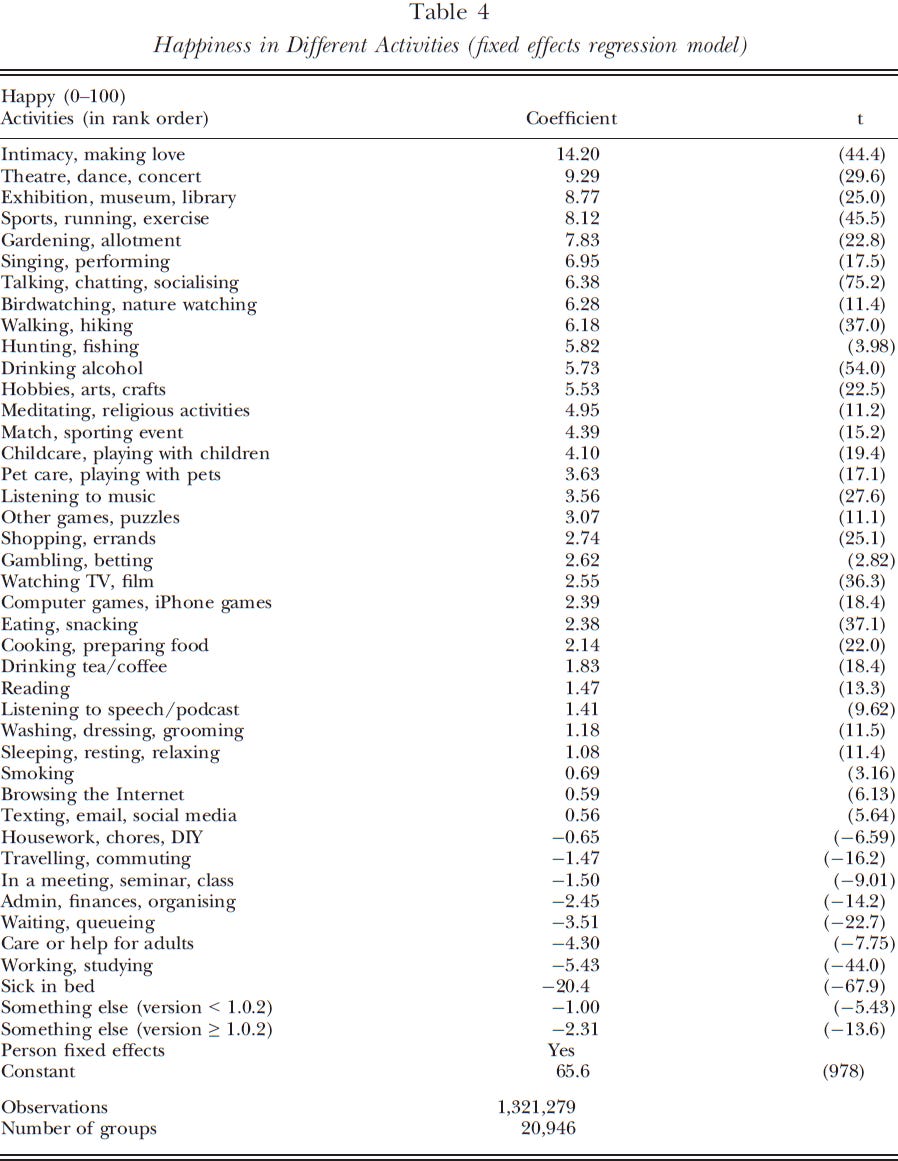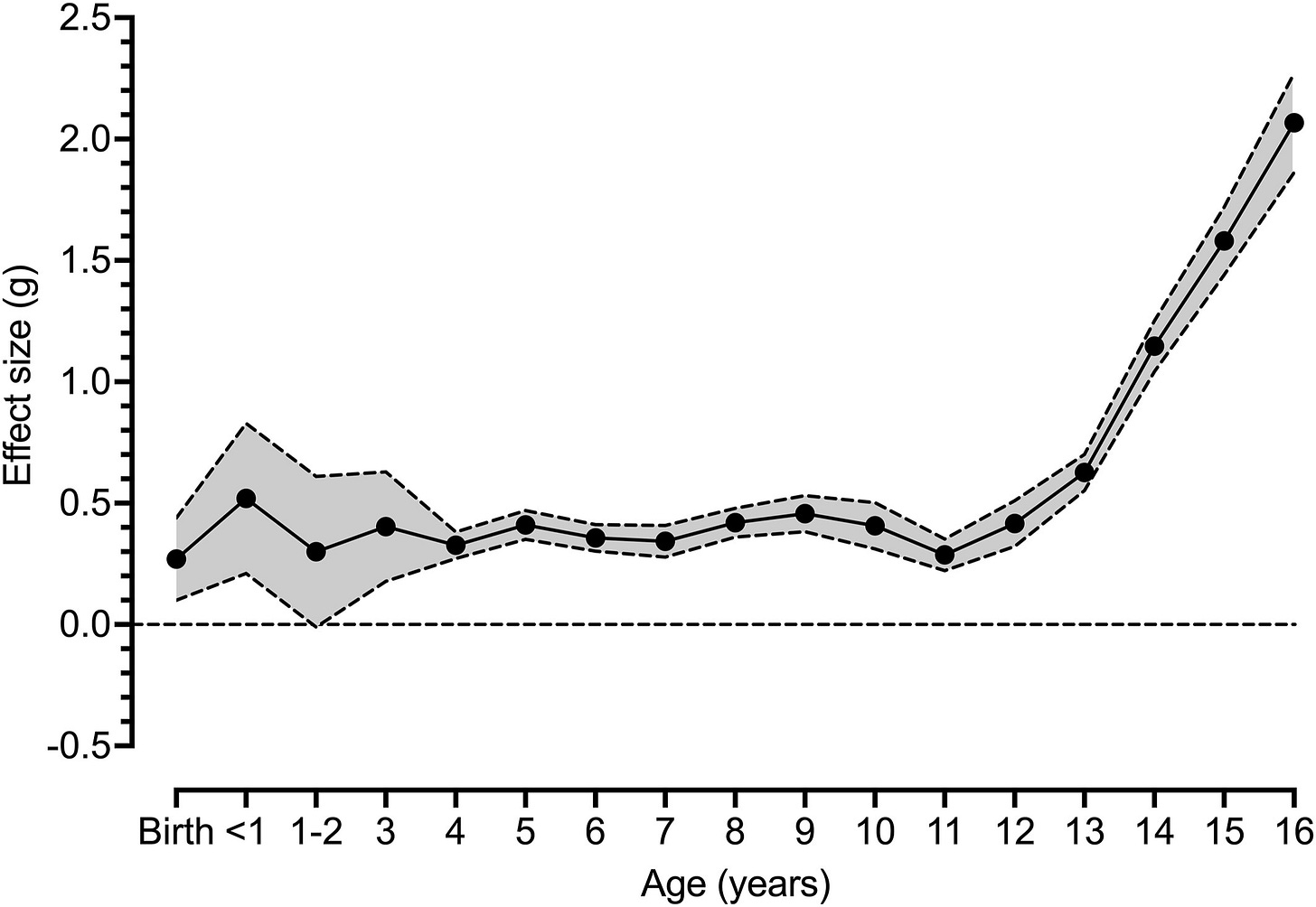A Fossil in the Brain, Baboon Relationship Problems, and the Cynical Genius Illusion
The Nature-Nurture-Nietzsche Linkfest for February 2025
Welcome to the February 2025 edition of the N3 Newsletter Linkfest: a collection of links to papers and articles that grabbed my attention over the last month. On the menu today, we’ve got sex differences in physical strength, a failure to replicate a popular explanation for gender gaps in STEM, and fraud in the science of Alzheimer’s disease. Plus we’ll ask: What makes people happy? Could psychotherapy harm people’s mental health? Are stereotypes about the sexes accurate or inaccurate? And is alcohol good for your health?
You can access the complete collection of Linkfests here.
A Neural Fossil
According to recent research, our ears try to move while we listen! This is a vestige of a time when our pre-human ancestors could actually move their ears - the equivalent of gill slits and tails in early human embryonic development. Lead author Andreas Schröer told the Guardian that, “our ancestors lost their ability to move their ears about 25m years ago… However, we have been able to demonstrate that the neural circuits still seem to be present in some state, [that is] our brain retained some of the structures to move the ears, even though they apparently are not useful anymore.” [Link.]
The Pursuit of Happiness
The table below shows the average happiness levels associated with various common activities. Among other interesting findings, we see that people are happiest when they’re having sex, and least happy when they’re sick in bed. Thus, our beds play host to some of the best and worst moments of our lives. [Link.]
Sex Differences in Strength
Sex differences in strength are small in childhood, and only really emerge at puberty. When they do, though, they emerge rapidly, and the post-pubertal differences are large. This pattern is hard to reconcile with the idea - popular in some circles - that sex differences in strength are a product of socialization and greater male participation in sports. [Link.]





